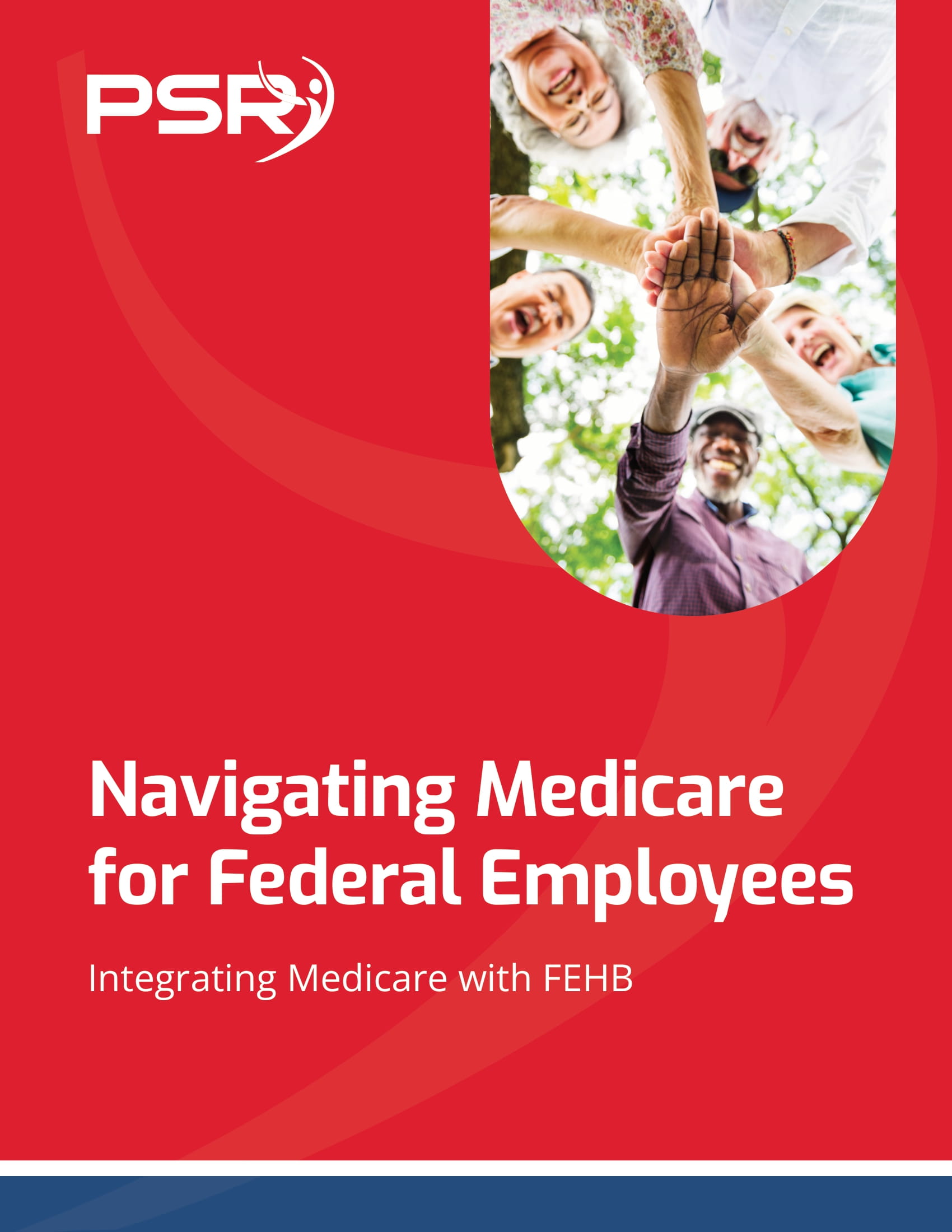Key Takeaways
- FEDVIP offers enhanced dental and vision coverage options for federal employees and retirees, but understanding the details is crucial before enrolling.
- Choosing the right plan depends on your healthcare needs, family situation, and overall budget—knowing your options can help you decide wisely.
Understanding FEDVIP and Why It Matters
As a federal employee or retiree, you likely rely on robust benefits like health insurance to support your well-being. The Federal Employees Dental and Vision Insurance Program (FEDVIP) is one such program designed to provide additional dental and vision care coverage.
- Also Read: Divorce and Your Federal Pension—What Happens When You Split Assets and How It Could Affect Your TSP
- Also Read: What Happens to Your Federal Benefits After Divorce? Here’s the Lowdown
- Also Read: The Best FEHB Plans for 2025: Which One Fits Your Lifestyle and Budget the Best?
But with new options and expanded features, you might wonder: Is FEDVIP worth it? Let’s break down what you need to know.
What Does FEDVIP Cover?
Dental Benefits
FEDVIP dental plans provide coverage for:
- Preventive services like cleanings and X-rays
- Restorative treatments such as fillings, crowns, and root canals
- Orthodontic care, including braces for children and adults
These benefits often have varying levels of coverage, depending on the plan tier. Some plans may include more comprehensive options, while others stick to basic services.
Vision Benefits
Vision plans under FEDVIP typically cover:
- Routine eye exams
- Prescription glasses or contact lenses
- Discounts on laser eye surgery
Vision coverage is a great option if you or your family members need regular eyewear updates or specialized care for eye conditions.
Who Can Enroll in FEDVIP?
FEDVIP isn’t just for current federal employees. The program also extends to:
- Retirees under the Federal Employees Retirement System (FERS) or Civil Service Retirement System (CSRS)
- Eligible family members, including spouses and dependents under 26
- Certain military retirees
Enrollment is voluntary, but it’s important to note that you can only sign up during specific periods, such as the annual Federal Benefits Open Season.
Enrollment Periods: Know Your Timelines
The Federal Benefits Open Season, typically held from mid-November to mid-December, is your opportunity to enroll in FEDVIP or make changes to an existing plan. If you miss this window, you’ll need to wait until the next Open Season, unless you qualify for a Special Enrollment Period (SEP) due to a major life event like marriage, divorce, or the birth of a child.
Weighing the Costs: Is It Worth the Investment?
Premiums and Deductibles
FEDVIP plans come with monthly premiums, which vary depending on the plan and coverage level you choose. Additionally, some plans have deductibles that must be met before coverage kicks in. These costs can add up, so it’s essential to evaluate your budget and healthcare needs.
Balancing Benefits vs. Out-of-Pocket Costs
If you frequently visit the dentist or require eyewear, FEDVIP can help reduce out-of-pocket expenses. However, if you only need routine checkups or rarely use vision services, the cost of premiums might outweigh the benefits.
Choosing the Right Plan for Your Needs
Assess Your Current Needs
Before diving into plan options, ask yourself:
- How often do you or your family members need dental or vision services?
- Do you require orthodontics, crowns, or other advanced treatments?
- Are you satisfied with your current coverage under FEHB?
Compare Available Plans
Take advantage of plan comparison tools during Open Season to see which FEDVIP plans align with your needs. Pay attention to:
- Network providers: Does the plan include your preferred dentist or optometrist?
- Coverage limits: Are there caps on how much the plan will pay for services?
- Co-pays and coinsurance: How much will you pay out of pocket for each visit?
Don’t Overlook Family Coverage
If you’re enrolling as a family, consider whether the plan provides adequate coverage for dependents. Some plans offer family-friendly features like discounts on orthodontics for children.
FEDVIP vs. Standalone Dental and Vision Plans
One question many federal employees and retirees face is whether FEDVIP offers better value compared to standalone dental and vision insurance plans available in the private market.
While FEDVIP plans are specifically designed for federal employees, standalone plans may sometimes provide similar benefits at different price points. However, standalone plans often come with less tailored networks and fewer options for retirees, making FEDVIP a more convenient choice for those in the federal system.
The Pros and Cons of Enrolling in FEDVIP
Pros
- Comprehensive Coverage: FEDVIP fills gaps in traditional health insurance by covering dental and vision needs.
- Tailored Options: Plans are specifically designed for federal employees and retirees, with networks that cater to this group.
- Portability for Retirees: Coverage continues even after you leave the federal workforce.
Cons
- Additional Costs: Monthly premiums and potential deductibles can add up.
- Limited Enrollment Opportunities: Missing Open Season means waiting another year to enroll unless you qualify for an SEP.
- Plan Complexity: With so many options, it can be overwhelming to choose the right one.
Making the Most of FEDVIP Benefits
Once you’ve enrolled, maximize your coverage by:
- Scheduling regular checkups to take advantage of preventive care benefits
- Staying in-network to minimize out-of-pocket costs
- Using discounts for services like laser eye surgery or orthodontics
Don’t forget to review your plan annually. Needs can change, and a different plan might better suit your situation in the future.
Is FEDVIP Right for You?
Ultimately, deciding whether to enroll in FEDVIP depends on your individual needs and circumstances. For some, the added peace of mind and comprehensive coverage are well worth the investment. For others, especially those with minimal dental and vision care needs, sticking with existing health insurance may suffice.
Take the time to weigh the pros and cons, assess your healthcare needs, and explore available plans. By doing so, you’ll be better prepared to make an informed decision that works for you and your family.
Explore Your Options This Open Season
With Open Season around the corner, now is the time to start researching your FEDVIP options. Whether you’re a current federal employee, retiree, or eligible family member, taking the time to review plans can ensure you’re making the best choice for your dental and vision care.










